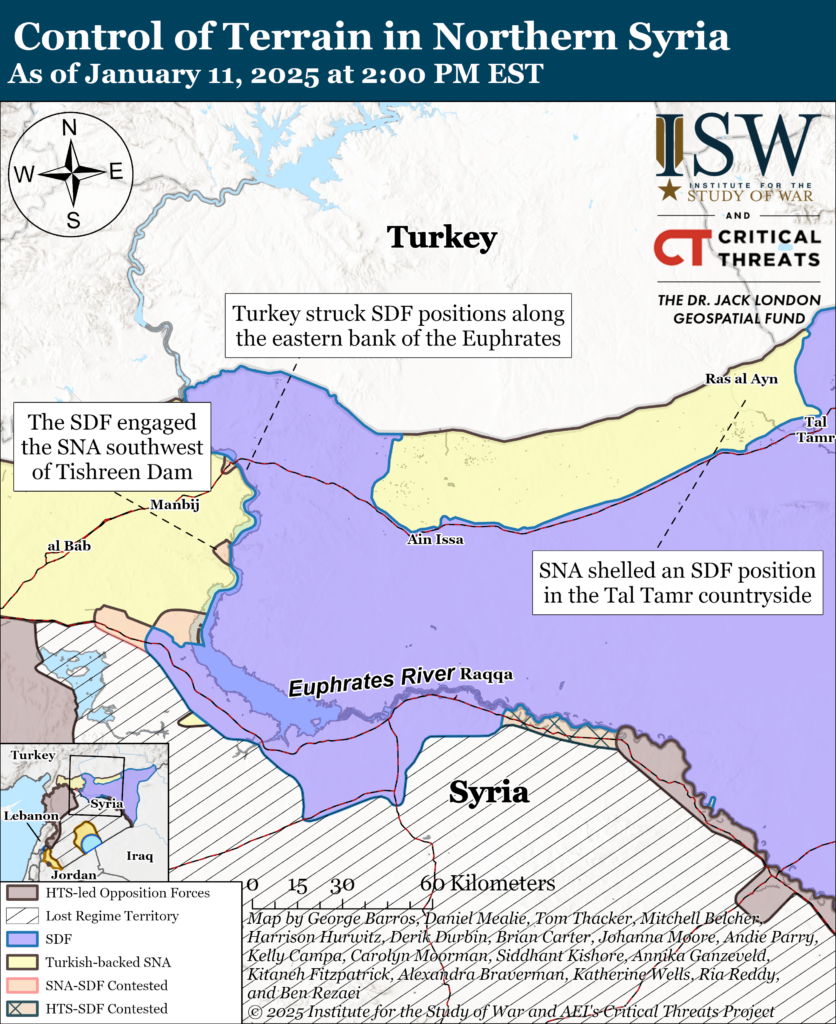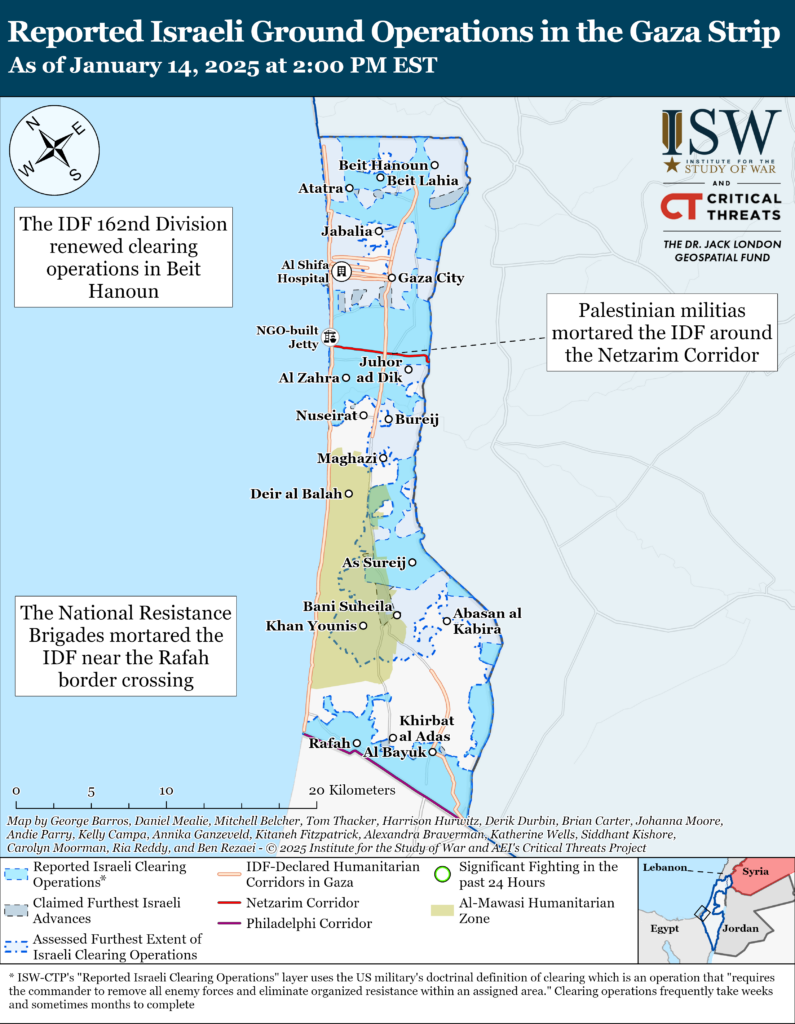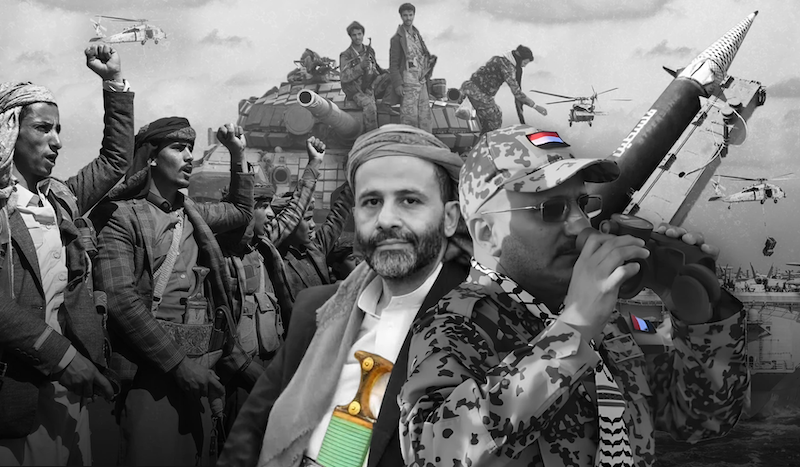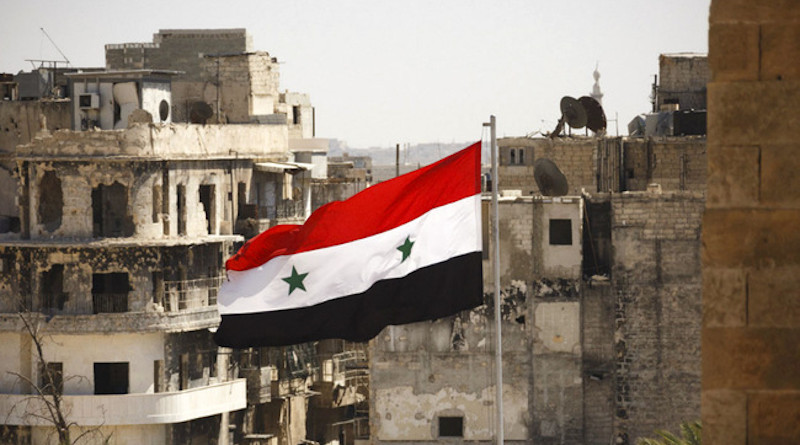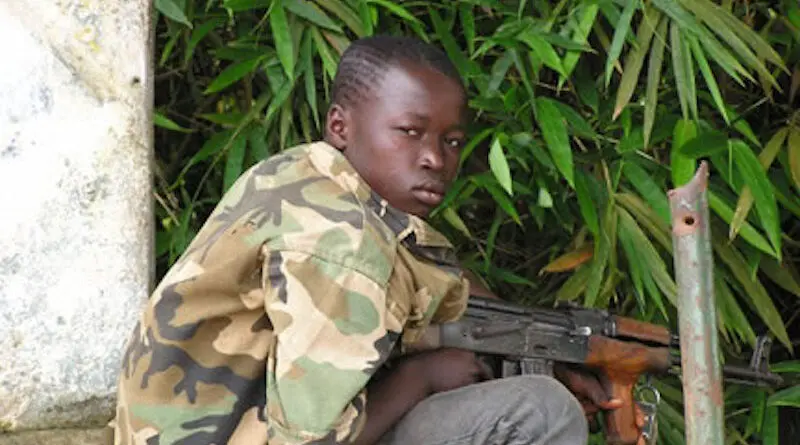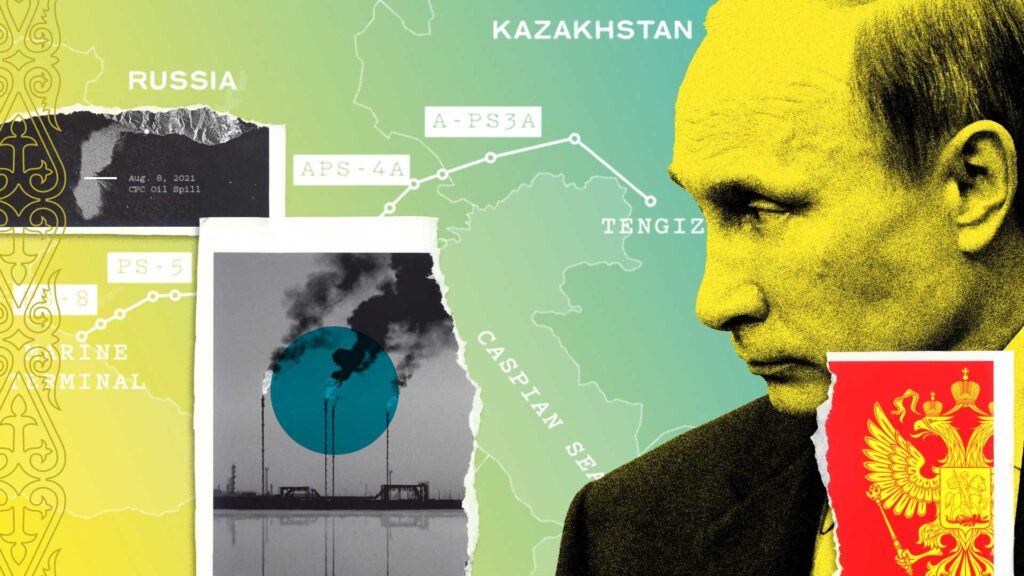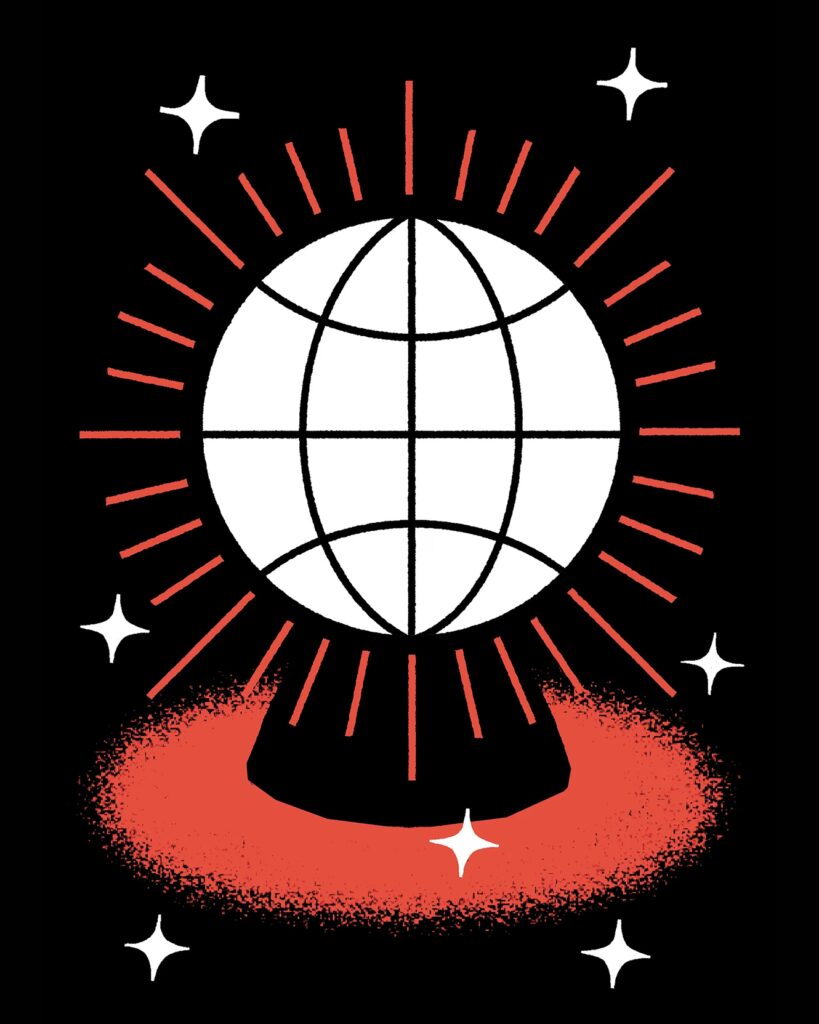Trends in Terrorism: What’s on the Horizon in 2025?
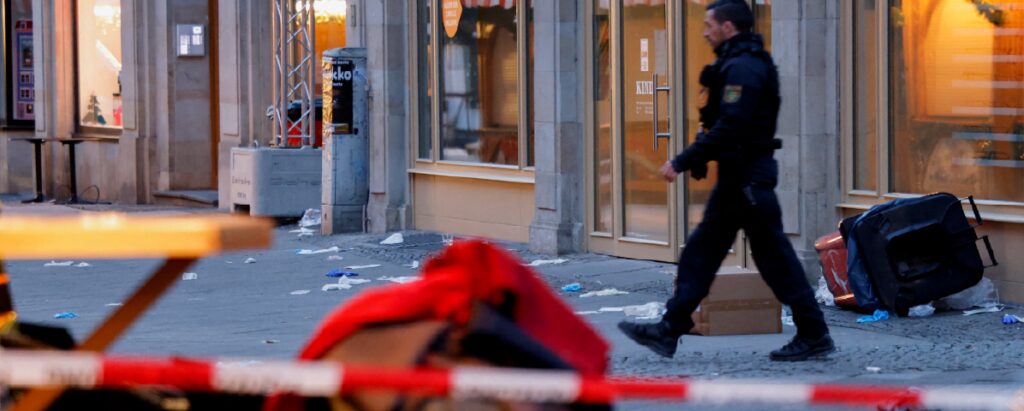
Sitting down to write my annual assessment on trends in terrorism in early 2025, I am struggling more than usual, fresh off the horrors of an Islamic State (ISIS)-inspired terrorist attack in New Orleans that killed fourteen people and injured dozens more. It is always a challenge to look beyond the immediate, to take a step back and weigh myriad factors and variables that impact which trends may accelerate and which may disappear.

